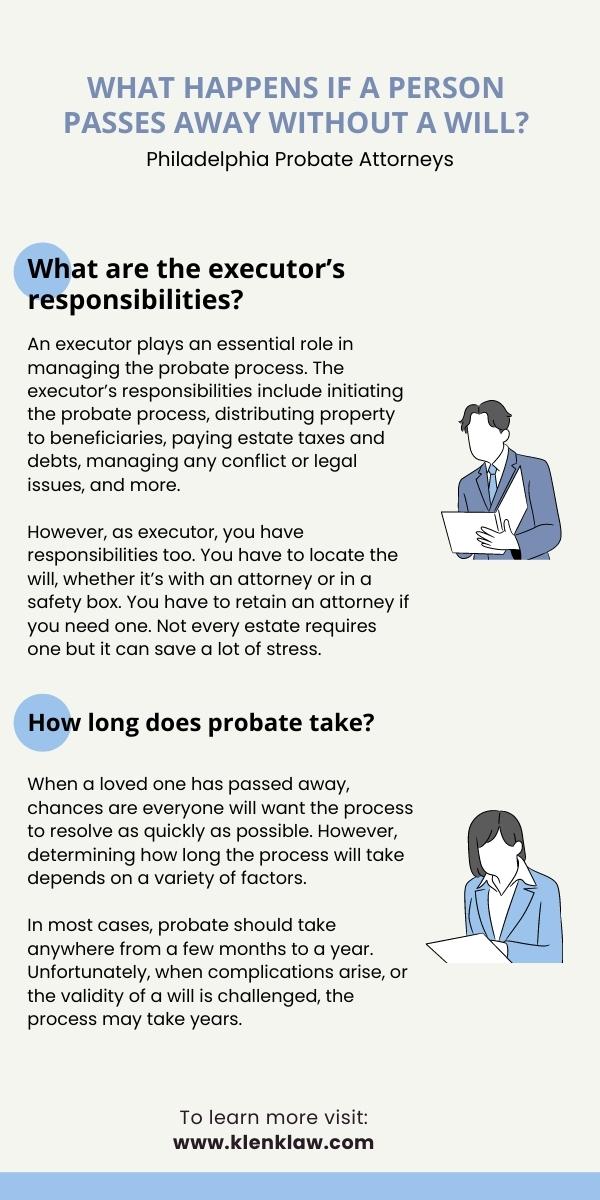Estate Planning Attorney Fundamentals Explained
Table of ContentsEstate Planning Attorney - QuestionsNot known Details About Estate Planning Attorney The Single Strategy To Use For Estate Planning AttorneyNot known Details About Estate Planning Attorney
Government estate tax. The trust needs to be irrevocable to prevent tax of the life insurance coverage earnings, and it usually called an irreversible life insurance count on (or ILIT).After carrying out a trust arrangement, the settlor should ensure that all possessions are correctly re-registered for the living trust fund. If possessions (particularly higher worth assets and realty) remain outdoors of a trust fund, after that a probate proceeding may be required to transfer the property to the trust fund upon the death of the testator.
Beneficiary designations are taken into consideration circulations under the law of contracts and can not be transformed by statements or stipulations beyond the agreement, such as a condition in a will. In the USA, without a recipient statement, the default stipulation in the agreement or custodian-agreement (for an IRA) will use, which might be the estate of the proprietor leading to higher taxes and added costs.
There is no obligation to preserve the contingent recipient assigned by the Individual retirement account proprietor. Numerous accounts: A plan owner or retired life account proprietor can assign multiple recipients.
Not known Facts About Estate Planning Attorney
Because of the potential disputes associated with blended family members, step brother or sisters, and multiple marital relationships, creating an estate strategy through mediation allows people to confront the concerns head-on and layout a plan that will certainly decrease the possibility of future family members problem and satisfy their financial goals., wills are controlled by the Wills Act 1959 (Estate Planning Attorney).
158) applies. The Wills Act 1959 and the Wills Regulation uses to non-Muslims only. Area 2( 2) of the Wills Act 1959 states that the Act does not apply to wills of individuals professing the faith of Islam.
In Malaysia, a person creating a will certainly should abide by the formalities stated in Section 5 of the Wills Act 1959 in order for the will to be valid and efficient. Under the Wills Act 1959, the youngest age to create a Will is when he/she is 18 years of ages, whereas for Sabah, it is 21 years old.
At the time of signing, he has to not be under discomfort or undue impact. In addition, when the Will is signed by the testator, there need to go to the very least two witnesses that go to least 18 years of ages, of sound mind and they are not aesthetically impaired. The duty of the witnesses is just to confirm that the testator signed his/her Will.
The Buzz on Estate Planning Attorney
No will certainly shall be legitimate unless it is in writing and performed in the way given in area 5( 2) of the Wills Act 1959. Testator should go to the age of majority. The testator needs to be at least 18 years old as stated under the Age of Bulk Act 1971 in Peninsular Malaysia and Sarawak, whereas in useful source Sabah, the you could try this out age of bulk is 21 years old as stated under Area 4 of the Wills Ordinance 1953.
The Will has to be confirmed by two or even more witnesses in the existence of the testator and each various other. A beneficiary or his/her partner can not be a witness to the will. No recipient or his/her partner will certainly be qualified to get any design, legacy, estate, interest, present or appointment if the recipient or his/her spouse is the attesting witness to the will. Creating a new will: only the most up to date will would be identified as the valid one by the courts Declaration handwritten of an intention to revoke the will: the testator makes a created declaration concerning their objective to revoke the will. The stated declaration has to be authorized by the testator in the presence of two witnesses.
Willful devastation: according to Section 14 of the Wills Act of Malaysia a will can be scorched, split or otherwise deliberately destroyed by the testator or a third party in the existence of the testator and under their direction, with the purpose to revoke the why not find out more will. Unintended or destructive damage by a 3rd party does not provide the revocation reliable. [] If an individual passes away without a will, the Circulation Act 1958 (which was changed in 1997) uses.
Estate Planning Attorney Fundamentals Explained

Comments on “Not known Details About Estate Planning Attorney”